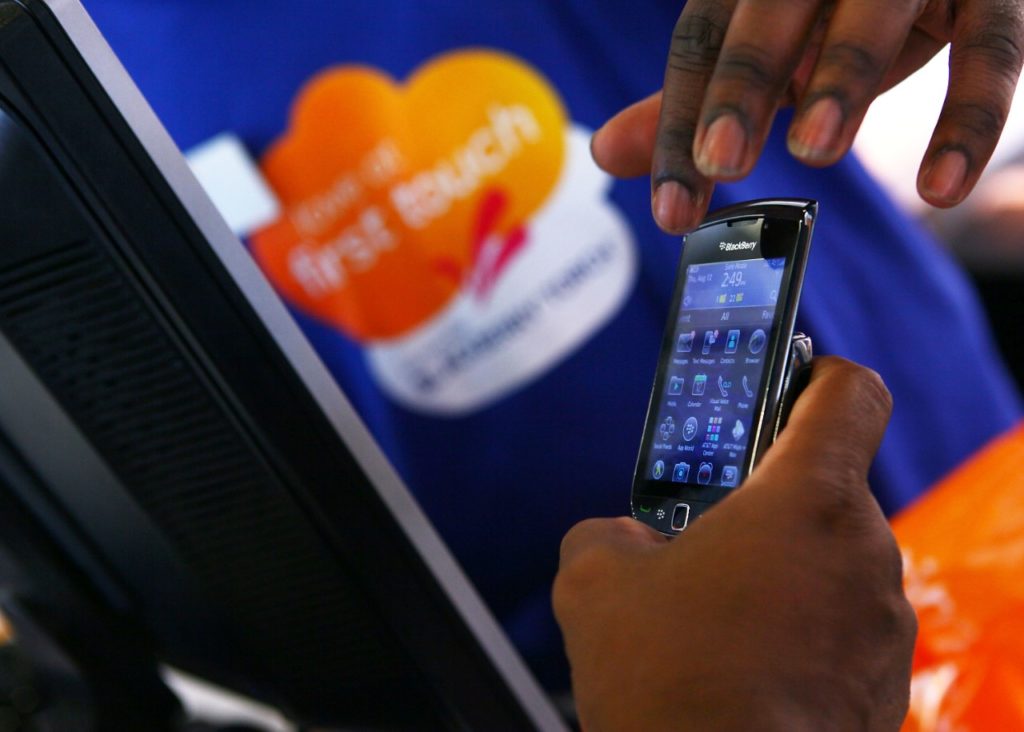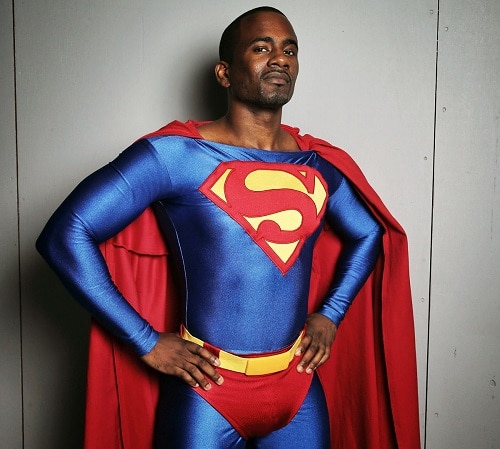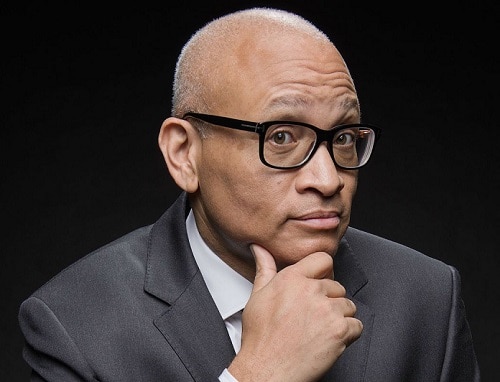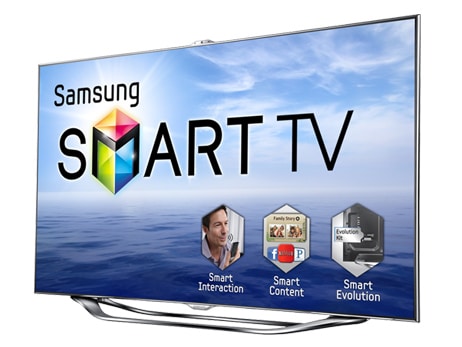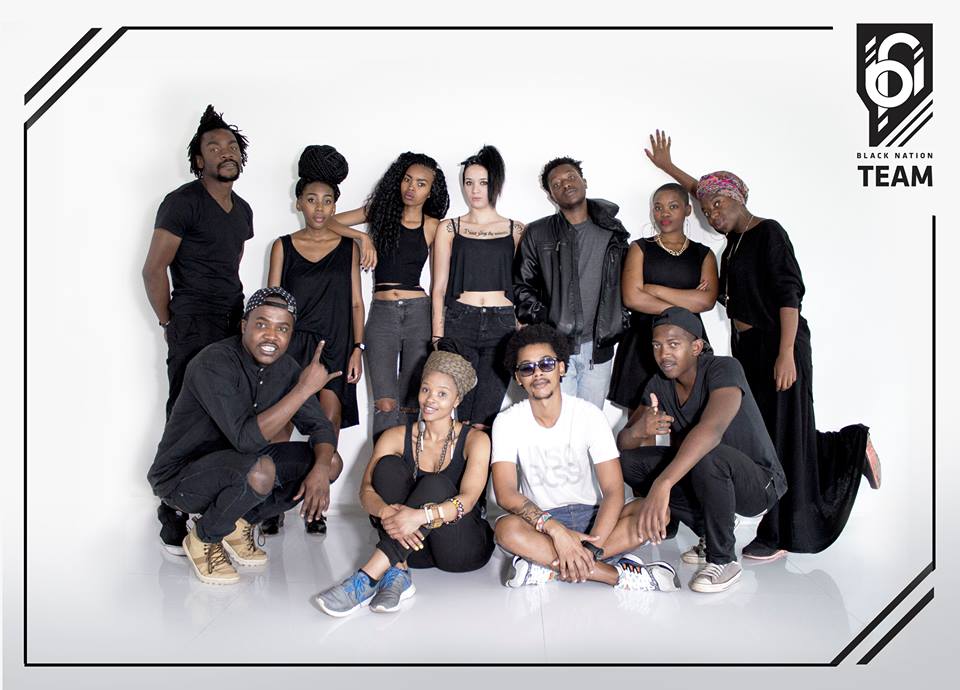One African startup is ditching competition and encouraging collaboration as it embarks on a quest to become South Africa’s largest YouTube network.
Andrew Simelane, CEO and co-founder of the digital content marketing and media agency Black Nation Media, doesn’t sound like your typical entrepreneur.
Most emerging entrepreneurs immediately start identifying and targeting the competition as they launch a grueling battle over space in the market and shared consumers.
Simelane, on the other hand, is hoping to find success by focusing on collaboration, and it’s a strategy that has already proven to be quite effective for the 26-year-old entrepreneur.
The University of Johannesburg public relations and communications graduate launched Black Nation Media back in 2010 with his brother Thulasizwe.
It was their way of trying to get into the audio visual industry, but their plans for the company have skyrocketed since then.
“My parents couldn’t afford to pay for an audio visual course I wanted to do at the South African School of Motion Picture Medium and Live Performance (AFDA), so I decided to buy some equipment that would get me started in the industry,” Simelane told htxh.africa. “That’s when my brother joined me and came up with the idea for Black Nation Media.”
What was initially a plan to teach himself how to use certain equipment so he could seek employment for other companies turned into a quickly growing business.
Simelane, his brother and another business partner, Vukosi Manganyi, started producing videos for promotional efforts.
It didn’t take long before others were hopping on board and asking the group to produce videos for their businesses as well.
“We have grown exponentially over the years, and now have office space in JoziHub,” Simelane said. “We do content for campaigns, promotions, events and competitions, which is distributed across various digital platforms for desktop and smartphone users.”
The group, which has grown to include 11 team members, has worked on major projects including a lookbook for Adidas Originals and various music videos for African artists.
Successful media agencies are far from uncommon in Africa, but what makes Simelane’s company stand out is its focus on using digital platforms like YouTube, Twitter and Instagram.
“We create content and use it as a platform for brands to market themselves,” he added. “Our focus is on YouTube and other online platforms such as Instagram and Twitter. We also have an online publication called Black Nation Magazine, targeted at young Black consumers.”
Major YouTube networks are extremely common in the U.S. but not so much throughout African countries.
Black Nation hopes to grow throughout South Africa before expanding to other African countries to become one of the largest YouTube networks on the continent.
In 2014, the company kick-started this mission with its Johannesburg YouTube Content Creators Network, which aims to create a YouTube community based in the city.
Simelane hopes to establish a multi-channel network incubator that will host up to 15 members of the network.
That’s a key part of the business model for the budding entrepreneurs — working together instead of fighting over media space.
“We have formed a few partnerships around the country, one of them is with Creative Nestlings, a company based in Cape Town, which means we get to grow our brand in such places by working with these guys and they can do the same here in Joburg,” he explained. “… I don’t believe in competition, I think if startups collaborated, we could get a lot more done on this continent, that’s how we function as a company.”
Simelane is also looking for young creatives to partner with, not only for the sake of his own brand but to also show them that they can make money from their creative endeavors.
“I think it’s time creatives knew it’s possible to make money from what we do and make the industry lucrative,” he said.
With a possible partnership brewing with another network in Ghana, Simelane believes the company’s reach could expand well beyond South Africa over the next five years. In fact, his content just might start reaching overseas.
“We’re also in talks with a distribution company in the U.S. which wants to distribute our content to the youth market in the States,” he added.

